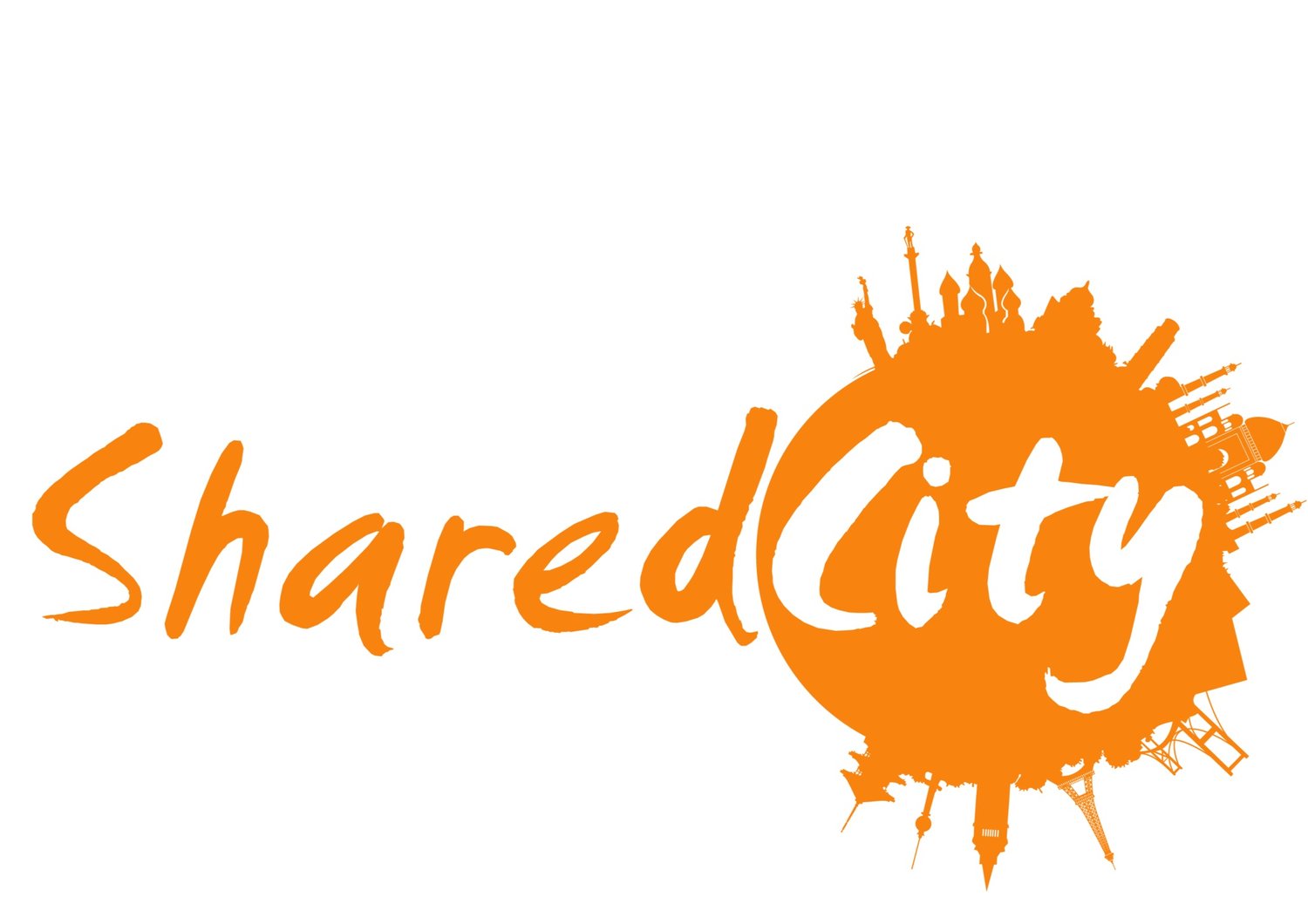Guest Blogger TikiChris Explores Little India with Nidhi
/SharedCity is a new London venture specializing in cultural walking tours in areas with immigrant communities. I tagged along on a recent saunter through “Little India” – aka Ealing Road – near Wembley Stadium in the West London borough of Brent.
If there’s one thing I love about living in London it’s that even after a decade of calling this city home I still find that there’s plenty to see and do. Take Ealing Road for example. Who knew it was such a vibrant place for a taste of authentic Indian culture? Well, thousands of mostly Gujarati immigrants, obviously, as well as the team behind SharedCity and surely lots of other people too. Just not me … until now.
I got so much out my stroll along Ealing Road with SharedCity. I loved every bit – from visiting the ornate and impressive Shri Sanatan Hindu Mandir “Wembley Temple” to browsing the aisles of Venisons saree shop and the Sanskruti shop in its basement with row upon row of cultural and religious items for the home. Foodie that I am, I very much enjoyed the end of our tour recapping what we experienced over a vegetarian thali (a platter with several small dishes) at local favourite, Asher’s Africana Restaurant. I even tried paan (a betel leaf-wrapped confectionery usually taken to refresh breath after a meal) for the first time from Panachand Pan House.
I don’t think I would have had quite as thorough a visit to the area if I’d gone on my own. I certainly wouldn’t have had the ‘backstage access’ at some of the venues or insider knowledge offered by my guides. The tour was as educational as it was fun.
Beyond the opportunity to discover a new (to me) part of town, the tour was a fun way to meet folks who proudly share and celebrate London’s immigrant heritage and are eager to learn about the vibrant cultural collage that makes it such a dynamic and unique city.
The Little India tour is but one in the SharedCity portfolio (and one still in development as I understand it). Other “destinations” include South India, Turkey, Italy, Norway and Finland, Brazil and Portugal, and more (such as tours of Arabic London and Jewish London) – all in one city!
SharedCity’s tours are priced from £20 (that’s about US$30 at the time of this post’s publication). Most tours include some sort of food and drink tastings if not a full meal. Find out more at sharedcity.co.uk.
[Originally Posted by Chris Osburn here]





